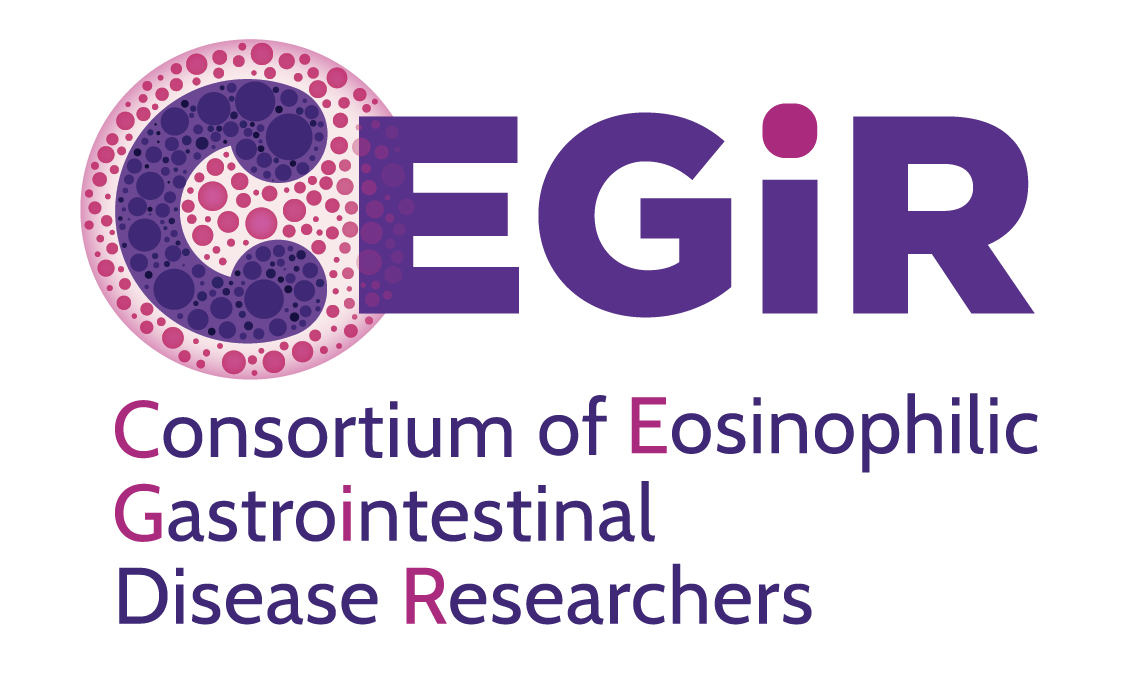CEGIR features prominently in the Modern Healthcare article, Harnessing the power of big data, which examines the proliferation of healthcare information technology and its impact on the medical community.
Margaret H. Collins, MD, a professor of pathology and pediatrics at the Cincinnati Children’s Hospital Medical Center and a pathologist participating in CEGIR, describes a project developed by the consortium to use Dropbox to securely share digitized pathology slides with nine participating research organizations located throughout the U.S. In contrast to traditional methods of slide sharing, such as face-to-face meetings or mail, Dropbox is fast, inexpensive, and there is no risk of materials being damaged in-transit.
Marc Rothenberg, MD, PhD, principal investigator for CEGIR and director of the Cincinnati Center for Eosinophilic Disorders at Cincinnati Children's Hospital Medical Center, heads the project. In a quote to Modern Healthcare, Rothenberg expands on how big data has enhanced the rare disease research process, touching on technologies like EoGenius, which reads a patient’s genetic code and helps clinicians to diagnose EGIDs.
I was recently asked about using big data in my research, and I realized that any cutting-edge research going forward will be embedded (with) various forms of big data. The days of looking at single variables are over.
Visit Modern Healthcare to learn more about how harnessing big data in health information technology will impact and enhance rare diseases research.
The Consortium of Eosinophilic Gastrointestinal Disease Researchers (CEGIR) is part of the Rare Diseases Clinical Research Network (RDCRN), which is funded by the National Institutes of Health (NIH) and led by the National Center for Advancing Translational Sciences (NCATS) through its Division of Rare Diseases Research Innovation (DRDRI). CEGIR is funded under grant number U54AI117804 as a collaboration between NCATS, the National Institute of Allergy and Infectious Diseases (NIAID), and the National Institute of Diabetes and Digestive and Kidney Diseases (NIDDK).


